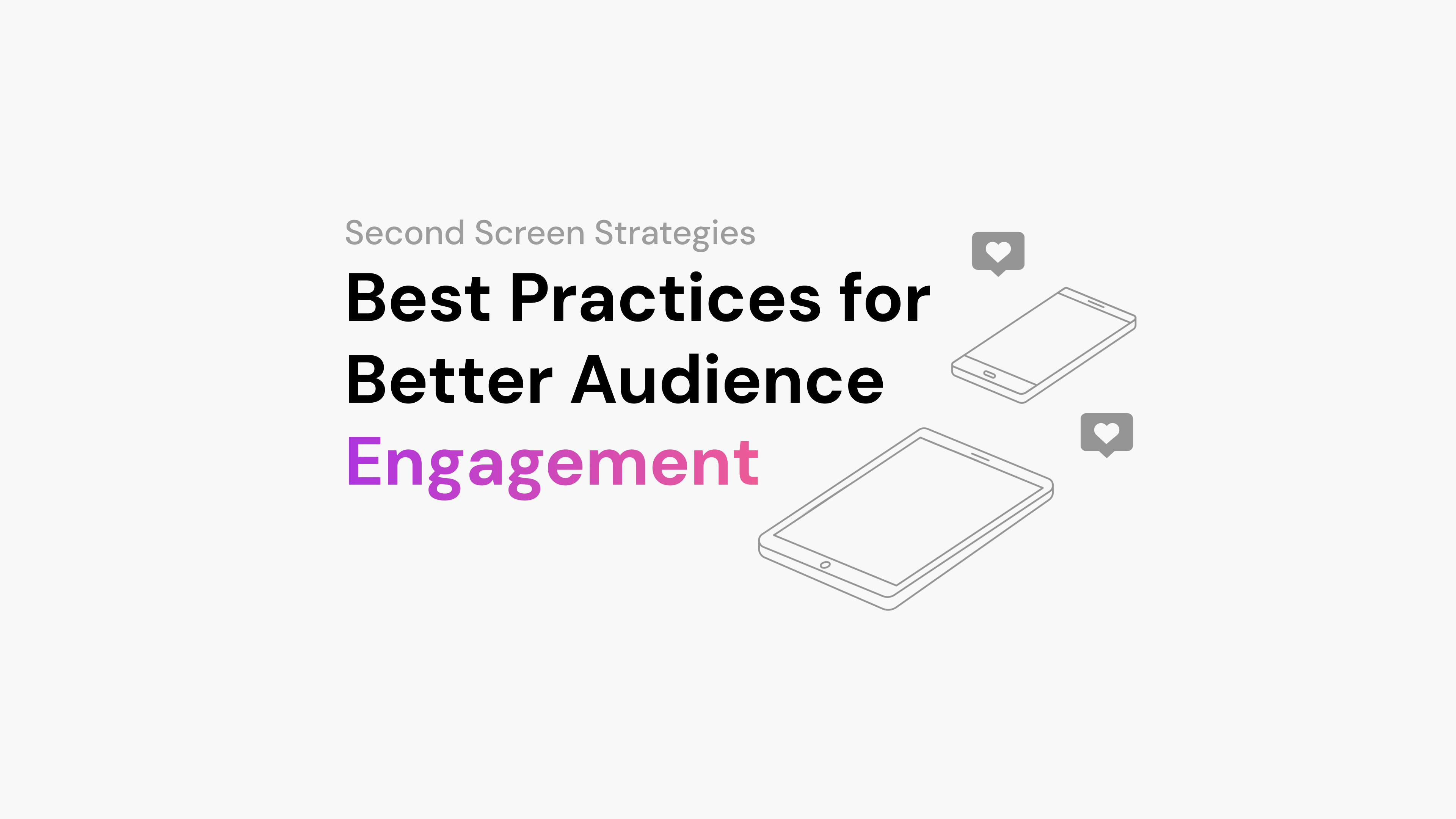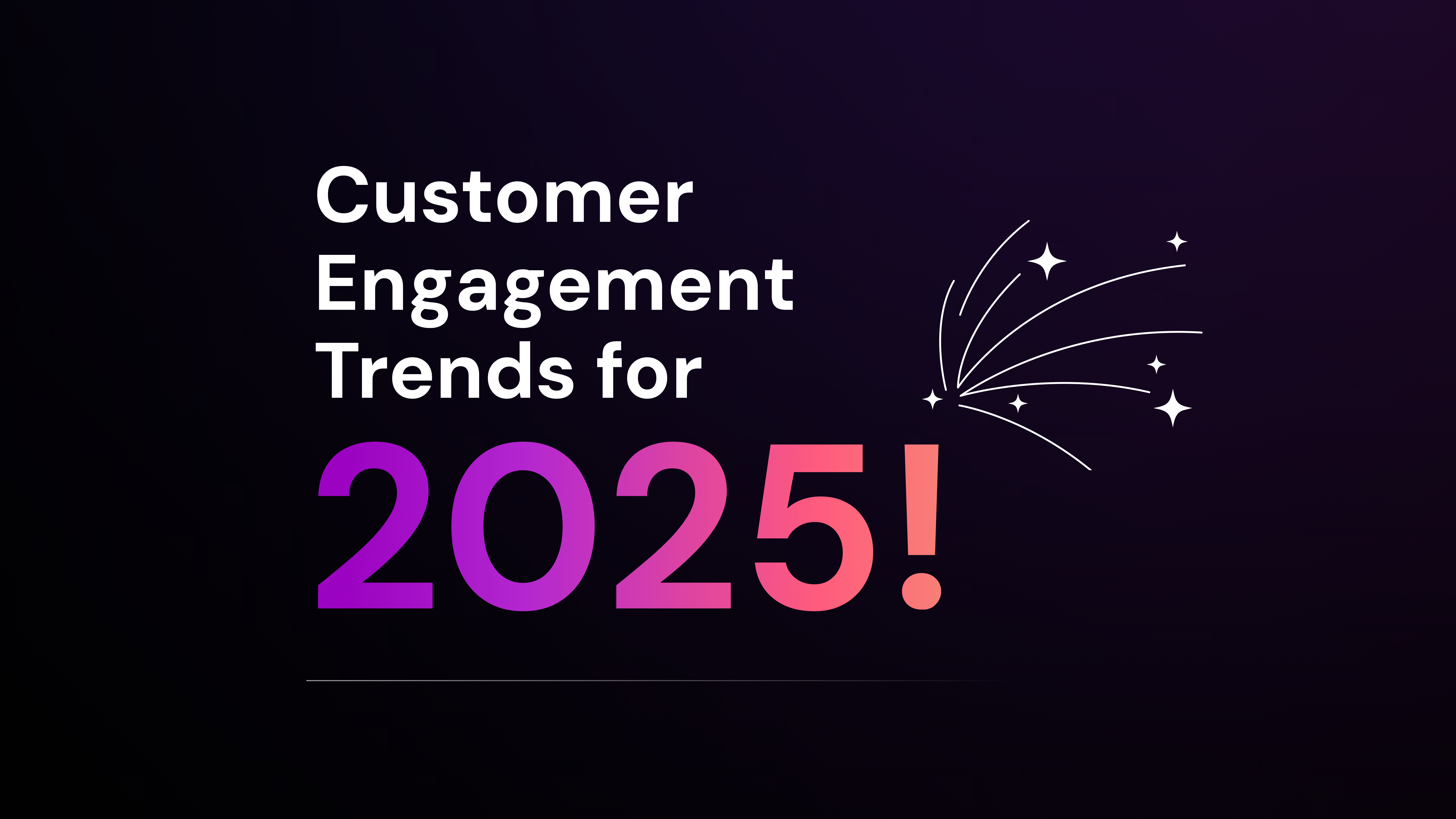In the competitive realm of sports and entertainment, the role of a sports and entertainment community manager is crucial. As audiences become more engaged, the need for effective community management grows.
In 2024, mastering the right skills and tools is essential for any sports and entertainment community manager. These capabilities can elevate your community engagement and foster long-term loyalty.
What are the key skills and tools you need? Let’s explore.
What Skills Do You Need to Succeed as a Sports and Entertainment Community Manager?
Balancing the excitement of sports and entertainment with the need for effective community management can be challenging.
Communication Skills
Engaging with fans and followers forms the backbone of community management. You must respond to comments, initiate conversations, and keep the community lively. This involves not just talking but listening and understanding your audience’s pulse.
Crafting compelling content is another key aspect. Whether it’s social media posts, blog articles, or video scripts, your content should resonate with the community. It should be engaging, informative, and aligned with the interests of your audience.
Addressing concerns and feedback is crucial. Fans and followers will have questions, complaints, and suggestions. Handling these with empathy and efficiency builds trust and loyalty within the community.
Strategic Thinking
Developing community growth strategies involves setting clear goals and outlining the steps to achieve them. This could include increasing membership, boosting engagement, or driving more traffic to your platforms. A well-thought-out strategy ensures that your efforts are focused and effective. Consider implementing a community flywheel to maintain continuous engagement and growth.
Aligning community goals with business objectives ensures that your community management efforts contribute to the broader goals of the organization. This might involve collaborating with marketing, sales, and other departments to provide a cohesive approach.
Adaptability
Staying up-to-date with industry trends is non-negotiable. Adapting to the transforming social media engagement landscape is crucial for maintaining relevance. The sports and entertainment sectors are dynamic, and what’s trending today might be obsolete tomorrow. Keeping an eye on the latest developments helps you stay relevant and engaging. Adjusting strategies based on data and feedback is essential for continuous improvement. By analyzing metrics and listening to your community, you can identify what works and doesn’t. This allows you to tweak your approach and keep your community thriving.
What Tools Can Help You Manage Your Community Effectively?
In a world where trends shift rapidly, having the right tools can make or break your community management efforts.
Social Media Management Platforms
Social media management platforms are indispensable for community managers in sports and entertainment. These tools allow you to schedule and publish content across multiple channels, ensuring a consistent and timely presence. You can plan posts days, weeks, or months in advance, freeing time for more strategic tasks. For real-time engagement, consider tools that support real-time audience engagement.
Monitoring conversations and mentions is another key feature. These platforms provide real-time alerts whenever your brand is mentioned, allowing you to engage promptly. Whether responding to a fan’s comment or addressing a concern, staying on top of these interactions helps maintain a vibrant and responsive community.
Analytics Tools
Analytics tools are your best friend when tracking community growth and engagement metrics. These tools offer detailed insights into how your community is performing. You can track metrics such as follower growth, engagement rates, and content performance. This data helps you understand what resonates with your audience and doesn’t.
Analytics tools make identifying areas for improvement straightforward. They highlight trends and patterns that might not be obvious at first glance. For example, you might notice that posts featuring behind-the-scenes content get more engagement than promotional posts. Armed with this information, you can adjust your strategy to better meet the needs and interests of your community.
Collaboration Tools
Collaboration tools streamline the process of coordinating with internal teams and stakeholders. These tools facilitate seamless communication, ensuring everyone is on the same page. You can share updates, assign tasks, and track real-time progress. This level of coordination is vital for executing community initiatives that require input from multiple departments.
Collaboration tools make managing projects and tasks more efficient. You can create project timelines, set deadlines, and monitor task completion. This ensures that all aspects of your community management strategy are executed smoothly and on schedule. Whether planning a virtual event or launching a new content series, these tools help keep everything organized and on track.
How Can You Build and Engage a Sports or Entertainment Community?
Building a community isn’t just about attracting members; it’s about keeping them engaged and excited about your brand.
Define Community Goals and Guidelines
Start by setting clear community goals. Determine what you want to achieve, whether it’s increasing fan engagement, boosting ticket sales, or enhancing brand loyalty. Clear goals provide direction and help measure success.
Establish guidelines to maintain a positive and respectful environment. Outline acceptable behavior, content standards, and consequences for violations. Clear guidelines ensure everyone knows the rules, fostering a safe and welcoming community.
Create Valuable and Relevant Content
Content is the lifeblood of any community. To further enhance engagement, consider using a mix of content formats. Share updates, behind-the-scenes looks, and exclusive interviews to keep your audience engaged. The content should be relevant to your audience’s interests and aligned with your community goals.
Use a mix of formats, such as videos, articles, and infographics, to cater to different preferences. Regularly update your content to keep it fresh and engaging. Consistency in posting schedules helps maintain interest and engagement.
Encourage User-Generated Content
User-generated content (UGC) adds authenticity and fosters a sense of belonging. Encourage fans to share their experiences, photos, and stories. Highlighting UGC on your platforms shows appreciation and motivates others to contribute. Take inspiration from successful online communities that thrive on user contributions.
Create campaigns or challenges that prompt users to generate content. For example, ask fans to share their game-day experiences or favorite moments. Recognize and reward the best contributions to keep the momentum going.
Host Events and Contests
Events and contests create excitement and drive engagement. Host virtual watch parties, Q&A sessions with athletes, or exclusive fan meet-and-greets. These events provide unique experiences that strengthen community bonds and cultivate vibrant communities that grow with effective engagement.
Contests are another great way to engage your audience. Offer prizes like tickets, merchandise, or exclusive experiences. Make participation easy and fun, and promote the contests across your channels to maximize reach.
Collaborate with Influencers and Partners
Influencers and partners can amplify your reach and add credibility. Collaborate with athletes, celebrities, or industry experts who resonate with your audience. Their endorsement can attract new members and enhance engagement.
Work with partners to co-create content, host joint events, or run cross-promotions. These collaborations can introduce your community to new audiences and provide added value to your members. Choose partners whose values align with yours to ensure a seamless fit.
How Do You Measure the Success of a Community Manager?
Understanding the impact of your efforts is crucial for ongoing improvement and justification of your role.
Key Performance Indicators (KPIs)
The community growth rate serves as a direct measure of how well your strategies attract new members. Track the number of new followers, subscribers, or members joining your community over a specific period. This metric helps you understand the effectiveness of your outreach and engagement efforts. A steady or increasing growth rate indicates that your community is appealing and relevant to your target audience.
Engagement rate reflects how actively your community interacts with your content. Monitor likes, shares, comments, and other forms of interaction. High engagement rates suggest your content resonates with your audience and encourages participation. This metric helps you identify which types of content are most effective and which areas may need improvement.
Sentiment analysis provides insights into how your community feels about your brand. Use tools to analyze the tone of comments, reviews, and discussions. Positive sentiment indicates satisfaction and loyalty, while negative sentiment highlights areas of concern. Understanding the overall mood of your community helps you address issues promptly and maintain a positive environment. Learn how to track audience engagement effectively for better insights.
Return on Investment (ROI)
Increased brand awareness and loyalty are key outcomes of effective community management. A well-managed community boosts your brand’s visibility and fosters a sense of loyalty among members—track metrics such as mentions, shares, and the reach of your content to gauge brand awareness. Loyalty can be measured through repeat engagement, advocacy, and positive feedback from community members.
A strong community has tangible benefits, such as higher conversion rates and sales. Engaged and loyal members are more likely to convert into customers. Monitor the correlation between community activities and sales metrics. Look for patterns that indicate how community engagement drives purchasing behavior. This helps you refine your strategies to maximize conversions.
Proactive community management reduces customer support costs. An active and well-informed community can often address questions and issues among themselves, reducing the burden on your support team. Track the number of support tickets before and after implementing community initiatives. A decrease in support requests indicates that your community is self-sustaining and knowledgeable.

What is the Best Approach to Community Management in Sports and Entertainment?
Tailoring strategies to the specific industry and audience is the first step. Understand the unique characteristics of your audience. Sports fans and entertainment enthusiasts have different expectations and engagement patterns. For sports, focus on real-time updates, game highlights, and player interactions. Entertainment communities thrive on behind-the-scenes content, exclusive interviews, and fan theories. Customize your content and engagement tactics to match these preferences.
Balancing entertainment value with authentic engagement is key. Your community wants to be entertained but also values genuine interactions. Share engaging content like memes, trivia, and fan art, but don’t forget to respond to comments and messages. Authenticity builds trust and loyalty. Show that you value their opinions and contributions: host live Q&A sessions, polls, and interactive events to foster a sense of belonging.
Continuously adapting based on data and feedback keeps your community dynamic. Monitor engagement metrics, track trends, and listen to your community’s feedback. Use analytics tools to identify what works and what doesn’t. Adjust your strategies accordingly. If a particular type of content gets more engagement, create more. If feedback suggests changes, implement them. Stay flexible and responsive to maintain a vibrant community.
Take Your Community Management to the Next Level with Arena
As a community manager in sports and entertainment, you need the right tools and skills to engage your audience effectively. Arena offers a comprehensive suite of AI-powered solutions to enhance audience interaction, streamline content delivery, and provide real-time analytics. Our platform integrates seamlessly with your existing systems, allowing you to build and monetize vibrant communities effortlessly.
Whether you’re looking to boost engagement, increase traffic, or generate leads, Arena has the features you need to succeed. From live chat and dynamic content streams to advanced moderation and analytics, we provide everything you need to manage your community efficiently.
Sign up now to transform your community management strategy and achieve your goals with Arena.



